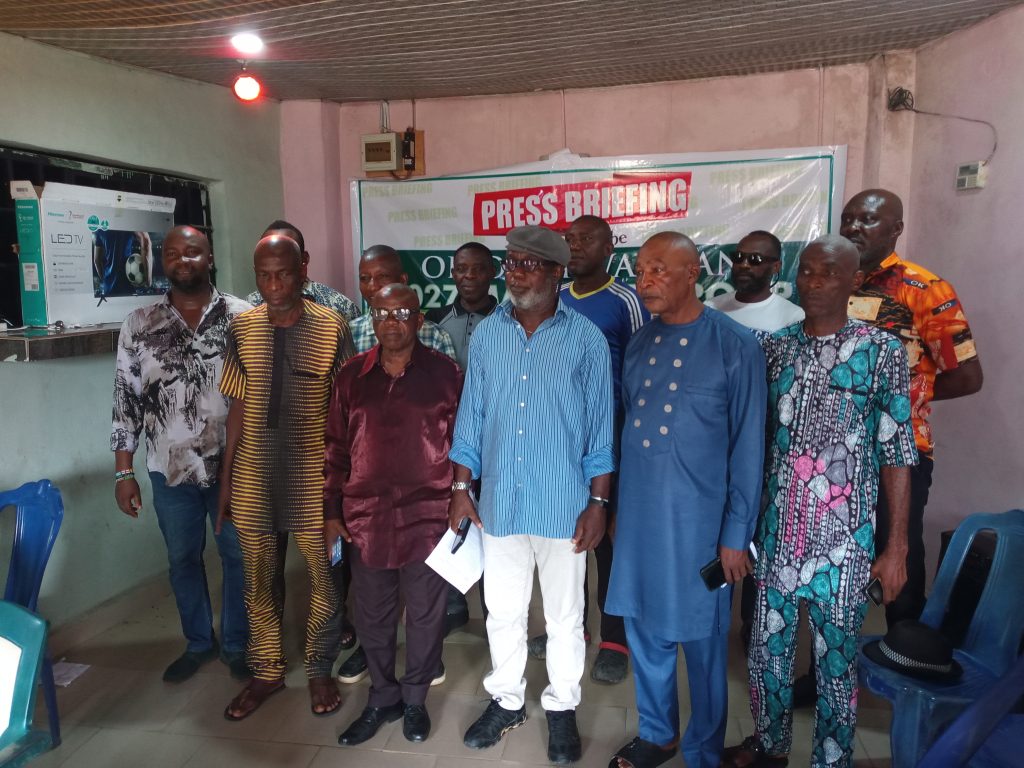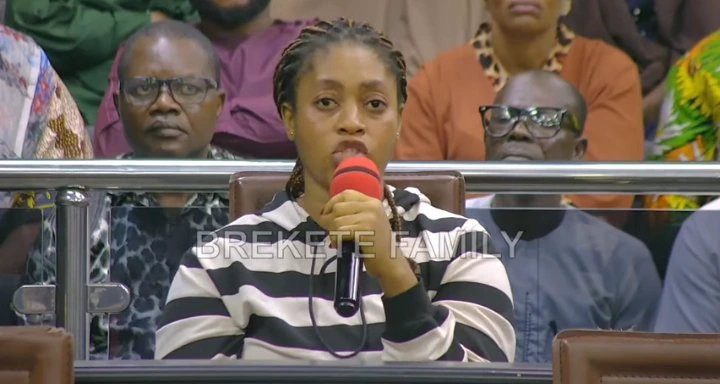Featured
BREAKING: U.S. drug probe files haunt Tinubu again
DDM News

Several agencies of the United States government are expected to release investigative documents on Friday, May 2, relating to a decades-old case involving Nigerian President Bola Ahmed Tinubu.
Diaspora digital media (DDM) revealed that the release follows a ruling by the U.S. District Court for the District of Columbia, which has ordered the disclosure of these documents under the Freedom of Information Act (FOIA).
Judge Beryl Howell, who presides over the case, instructed that all involved agencies submit a joint status report and release the relevant files by the court-imposed deadline.
Excluded from this directive is the Central Intelligence Agency (CIA), although it is one of the agencies referenced in the original FOIA requests.
The agencies bound by the order include the U.S. Department of State, the U.S. Attorneys’ Offices, the Federal Bureau of Investigation (FBI), the Internal Revenue Service (IRS), and the Drug Enforcement Administration (DEA).
The court’s decision was triggered by a lawsuit filed by American transparency advocate Aaron Greenspan in June 2023.
Greenspan, known for his activism for government transparency, submitted twelve FOIA requests between 2022 and 2023 to six major U.S. federal agencies.
The requests sought access to records from a joint investigation said to involve Tinubu and three other individuals Lee Andrew Edwards, Mueez Abegboyega Akande, and Abiodun Agbele.
The four were allegedly linked to a drug trafficking network that operated within U.S. territory in the late 1980s and early 1990s.
According to court documents, Judge Howell ruled that the continued refusal to release the documents was “neither logical nor plausible.”
She noted that public interest in transparency, especially when public figures are involved, outweighed the government’s reasons for withholding the materials.
Bola Tinubu’s name has long been associated with a 1993 forfeiture of $460,000 to U.S. authorities, an amount believed to be tied to narcotics proceeds.
Tinubu, who was not criminally charged, has denied any wrongdoing in that case, insisting that the funds were not a result of drug-related activities.
The 1993 forfeiture became a major topic during Nigeria’s 2023 general elections, prompting opposition figures and civil society to question the suitability of his presidential candidacy.
Despite the renewed interest in the matter, Nigerian presidential spokespersons have sought to downplay the significance of the U.S. court’s order.
The presidency claims that the documents to be released contain no new evidence and do not implicate Tinubu in any illegal operations.
They argue that the U.S. legal system already resolved the issue years ago and that the current disclosures stem only from persistent activist lobbying.
However, political analysts believe the May 2 release could stir public debate, especially if any new information emerges.
Some observers suggest that even the reappearance of previously known details could fuel wider calls for greater accountability in public office.
They point out that such developments often resonate deeply in Nigeria, where public trust in elected leaders has consistently been fragile.
The controversy also highlights the power of Freedom of Information laws in uncovering historical details about political figures and cross-border legal entanglements.
As the deadline approaches, both supporters and critics of the Nigerian president are watching closely to assess the possible political fallout.
International media and civil society organizations have also shown interest in the matter, given its potential implications for democratic governance and transparency.
The expected release may also encourage activists in other countries to pursue similar legal strategies in holding political leaders accountable for their past.
No matter the outcome, the event underscores the enduring importance of transparency and the legal mechanisms that promote it across international borders.
President Tinubu, who took office in May 2023, continues to face both domestic and international scrutiny, particularly as questions about past conduct resurface during his presidency.
While the presidency insists there is no cause for alarm, many Nigerians remain eager to see what the documents might reveal.
For Diaspora Digital Media Updates click on Whatsapp, or Telegram. For eyewitness accounts/ reports/ articles, write to: citizenreports@diasporadigitalmedia.com. Follow us on X (Fomerly Twitter) or Facebook











